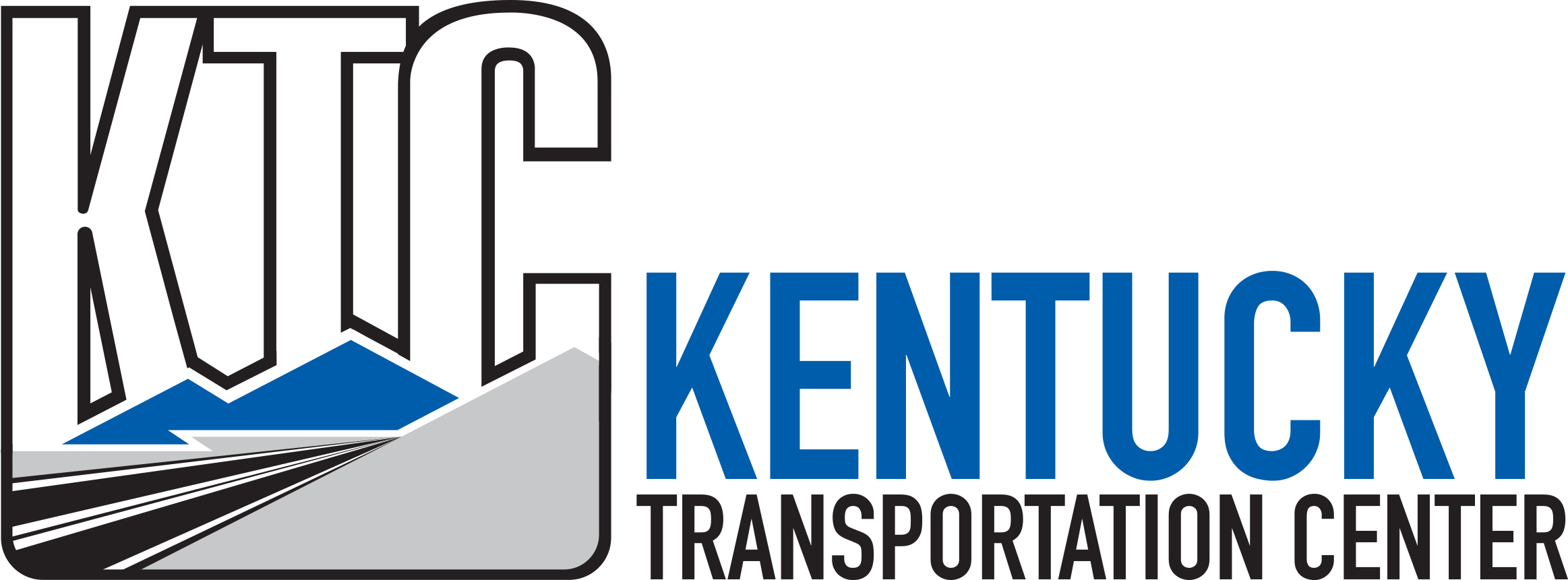Abstract
Innovative practices in construction contracting techniques have become more frequent and necessary in recent years. These practices benefit the transportation industry by experimenting with methods different from the traditional methods. This allows for growth and the adoption of procedures that provide higher quality and a better benefit to cost ratio.
An Advanced Traffic Management System (ATMS), referred to as TRIMARC (Traffic Response and Incident Management Assisting the River Cities), was installed in the Louisville, Kentucky and southern Indiana area. A system integrator approach was used for the installation, operation, and maintenance of this system. Special Experimental Project No. 14 (SEP-14) procedures were used to procure the services of the equipment installation contractor. An evaluation was conducted to determine the effectiveness of the process approved for this procurement. This evaluation was accomplished by review of documentation related to the TRIMARC project including contracts, memorandums, and proposals. Also, input was received from the principal participants in the project including representatives of the Kentucky Transportation Cabinet, HNTB, Spartan Construction Company, and TRW, Inc.
The SEP-14 process is an innovative means of procuring projects that may be uncharacteristic to the traditional projects normally encountered by highway departments. SEP-14 provides states an opportunity to use and evaluate the contractual arrangements when an alternate process is more beneficial than the traditional processes. After some time period, this alternate process may be evaluated by the Federal Highway Administration to determine if it should be classified operational instead of experimental.
The evaluation on the TRIMARC project's use of the system integrator and SEP-14 bidding practices has been very positive. The project has encountered some delays; however, it is progressing in a manner that is satisfactory to all parties involved. The overall project has been received positively and the contract is now being extended to include a larger area for the incident management program. The SEP-14 process has provided the system integrator more flexibility and has allowed the procurement of the equipment and services to be based on criteria other than cost. This has allowed the system integrator to receive the specific equipment desired and to contract for the equipment installation from a contractor that had previous experience with similar projects resulting in time and cost savings to Kentucky and Indiana.
Report Date
6-1999
Report Number
KTC-99-49
Digital Object Identifier
http://dx.doi.org/10.13023/KTC.RR.1999.49
Repository Citation
Osborne, Monica L. and Pigman, Jerry G., "Evaluation Of TRIMARC Procurement Procedures (Interim Report)" (1999). Kentucky Transportation Center Research Report. 341.
https://uknowledge.uky.edu/ktc_researchreports/341



Notes
The contents of this report reflect the views of the authors who are responsible for the facts and accuracy of the data presented herein. The contents do not necessarily reflect the official views or policies of the University of Kentucky or the Kentucky Transportation Cabinet. This report does not constitute a standard, specification, or regulation. The inclusion of manufacturer names and trade names is for identification purposes and is not to be considered an endorsement.